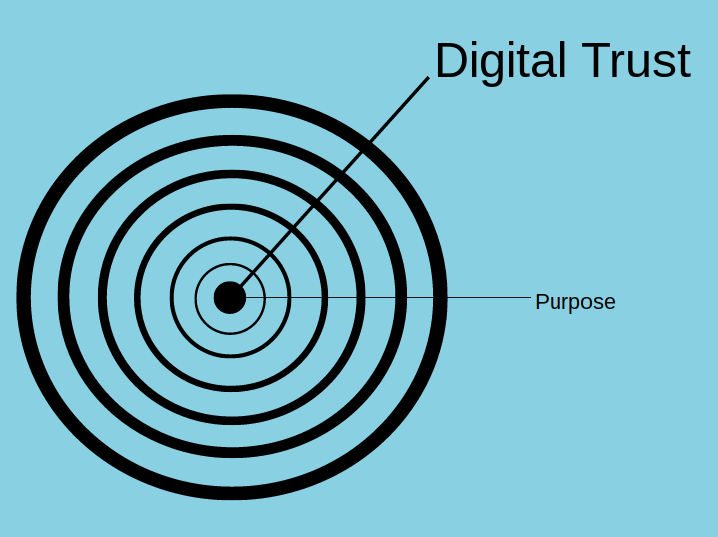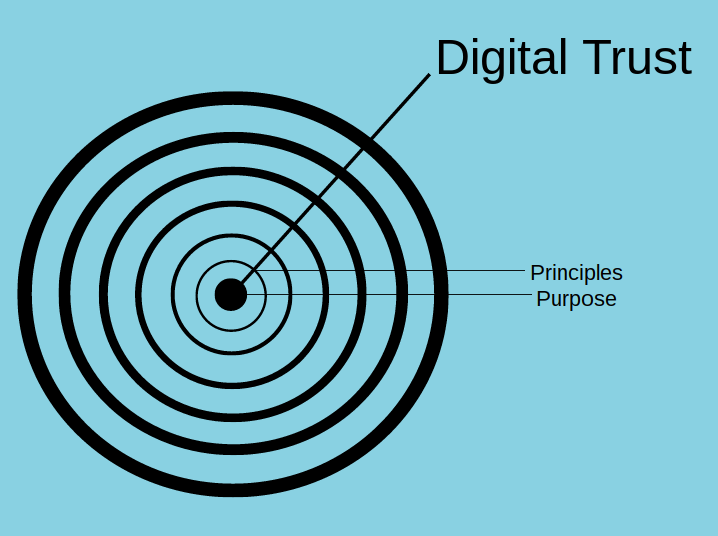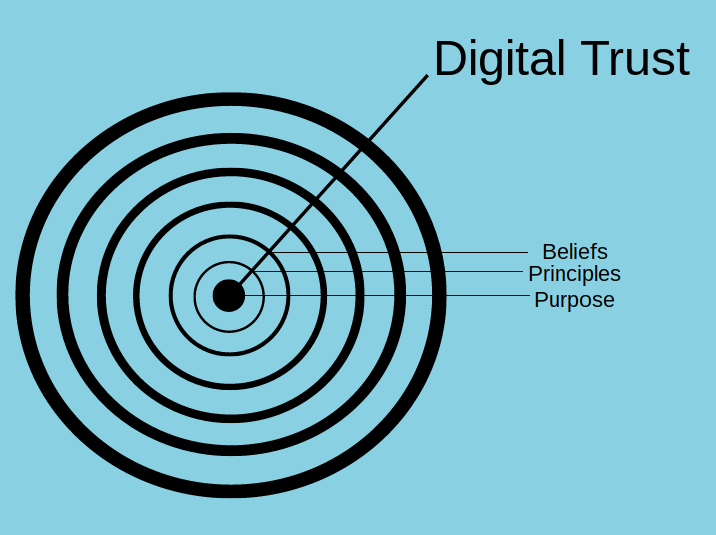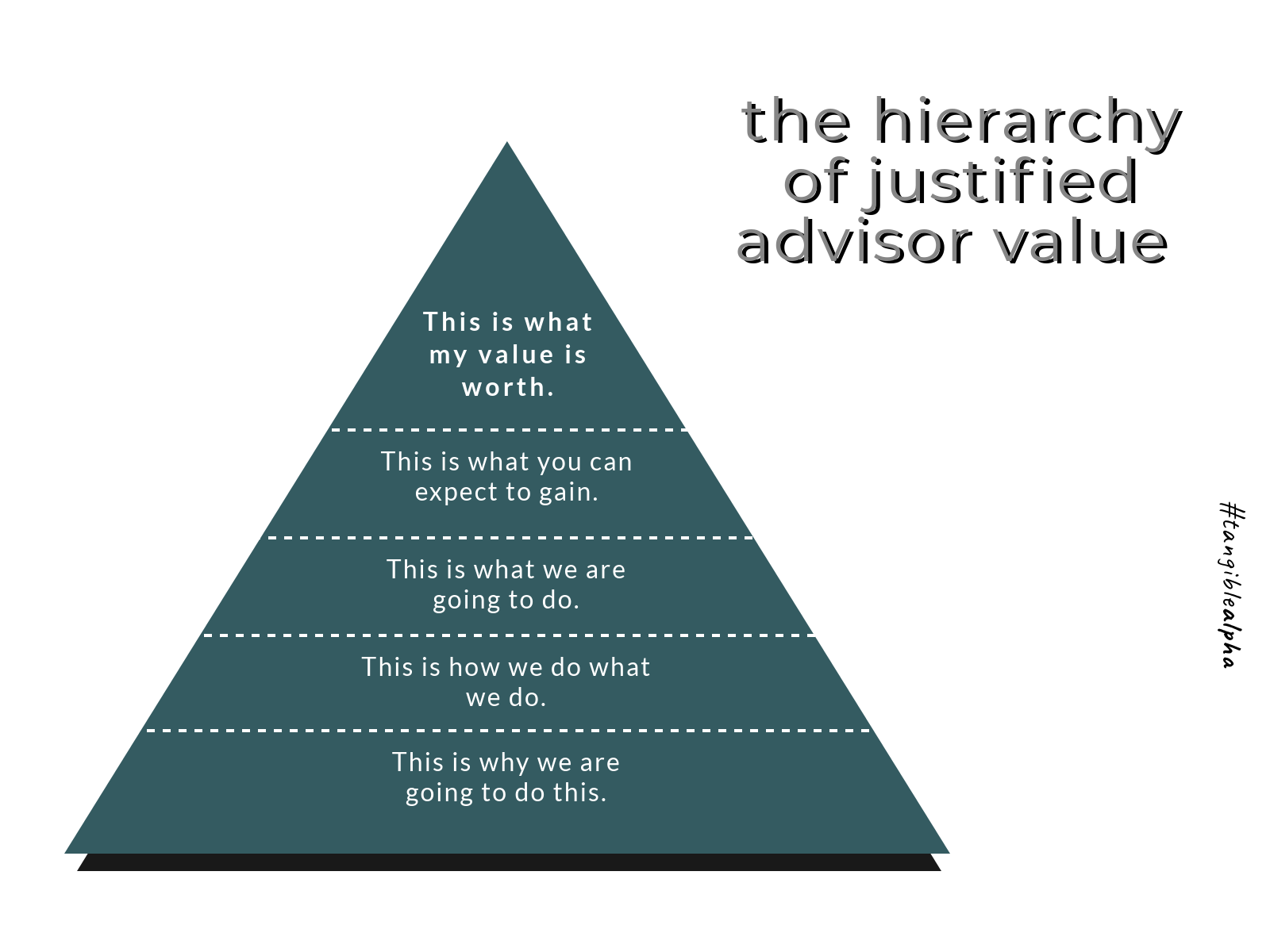As an information scientist, one of the most depressing aspects of modern social media is the way in which it is reshaping our global society to focus on the what, rather than the why. From the sciences to the humanities to the arts, the underpinning of the scholarly knowledge that advances our collective society is the understanding of why the world is the way it is. Documenting the “what,” the state of the world, is a necessary and important component of that process, but without the synthesis of those observations into the “why” that describes how they came to be and explains their outcome, we can never truly understand our world. This raises the question of how to restore the “why” in a social media world that teaches us that all that matters is the “what.”
The social media revolution has turned everyone with a smartphone into a realtime embedded reporter, live chronicling their own lives and events they experience and commenting on events happening elsewhere across the world. When journalists and tech experts start seeing a strange survey from Facebook pop up in their newsfeed, their first reaction is not to turn to the company to learn more about the feature, to examine it through the lens of proper survey design, to consider the implications of its design in terms of limiting the insights it can provide or to ruminate deeply on what it means for Facebook to be asking such a question and its societal implications. Instead, they all respectively race to be the first to plant their flag in the Twitterverse of having been among the first wave of people to mention it. Speed matters over comprehension.
The realtime conversational nature of Twitter in particular is often touted as offering a global scale collective collaboratory that extends the realtime nature of environments like Slack to the entire planet, allowing adhoc teams to form across geographic, disciplinary and cultural boundaries. The reality couldn’t be further from the truth. Instead of the world’s citizens working together towards a greater good, cataloging all known information about an emerging event and trying to synthesize a basic understanding of its scope, scale and characteristics and bringing in experts from related fields to comment on the potential meaning of each element, the online conversation simply devolves into a bunch of users saying they saw it too and competing for the snarkiest or most meme-worthy response in their never-ending search for viral fame.
Knowing that Facebook is running a new opinion poll might be of interest to media strategists, investment analysts and government regulators, but just knowing there is an opinion poll is of little use without the why, the understanding of what Facebook intends to do with the collected information.
Similarly, in the physical world it can be of great use to first responders to get a realtime alert from a surge of tweets in a particular city block reporting a giant plume of smoke emerging from the roof of a building. The problem is that without knowing the why, it is impossible to know if that “smoke” is simply steam from a vent, humidity from an air conditioning plant, ordinary pressure exhaust from a liquid nitrogen storage system, routine maintenance sandblasting or simply a rooftop party featuring a fog machine. Focusing on the “what” can mean critical resources diverted for a false alarm that makes them unavailable for a real emergency elsewhere in town.
At least one can argue that having increased situational awareness can be of benefit to first responders in alerting them to situations they may wish to examine further. The same can’t be said, however, for the deeper implications of teaching an entire generation of people that relentless focus on speed over comprehension is what affords one success in life.
Perhaps most remarkable is the degree to which academia has embraced social media to discuss issues ranging from developments in their own fields to events and topics completely astray from their own expertise. In contrast to the general public, which might be forgiven for focusing on simplistic reporting of what they see in front of them, the scholarly and scientific worlds emphasize the search for understanding, that the why matters far more than the what.
One might assume therefore that academics would bring that search for understanding with them to the social sphere, lending a critical perspective to raging debates and seeking to explain why it is that everyone else is seeing what they see. Instead, much of the academic discourse on social media is little more esteemed that the rest of the billions of ordinary users they engage with.
Rather than the measured informed discourse and heavily cited and referenced exposition that would be found in an academic journal or the Q&A section of a conference, these same academics that ordinarily pepper their speech with “isms” and speak as though they’ve memorized Roget’s Thesaurus from front to back will suddenly devolve to one-line responses and petty flame wars where the most meme-worthy response wins and adherence to scholarly norms of debate, including sticking to factual statements and citing the source of all claims, goes right out the window.
Putting this all together, social media’s fixation on realtime updates and the unfortunate fact that it is the most entertaining comment rather than the most enlightening that tends to go viral and reward its author with fame in today’s world, means we are teaching an entire generation to focus on information in isolation, rather than spend the time to properly situate it in context. Indeed, this is one of the driving forces behind the ease with which false and misleading information spreads on social platforms. When even the academic world discards millennia of tradition that evolved to maintain the scholarly and scientific world’s focus on the why over the what, we run the risk that social media will ultimately permanently refocus humanity to forget the past, ignore the future and live in a world in which information no longer has any context and where all that matters is what we see before us at this moment, not the understanding of why it is that the world is as we see it. In short, for the thousands of years of human history that we have sought to understand our world, we stand today amongst the unimaginable riches of having all of human knowledge at our fingertips and a quarter of the world’s population just a mouse click away, but rather than harness this brave new world to reimagine how we understand ourselves, we have instead taught an entire generation that speed matters more than explanation, entertainment more than enlightenment. From the Age of Enlightenment to the Age of Entertainment.
Based in Washington, DC, I founded my first internet startup the year after the Mosaic web browser debuted, while still in eighth grade, and have spent the last 20 years…
Kalev Leetaru








